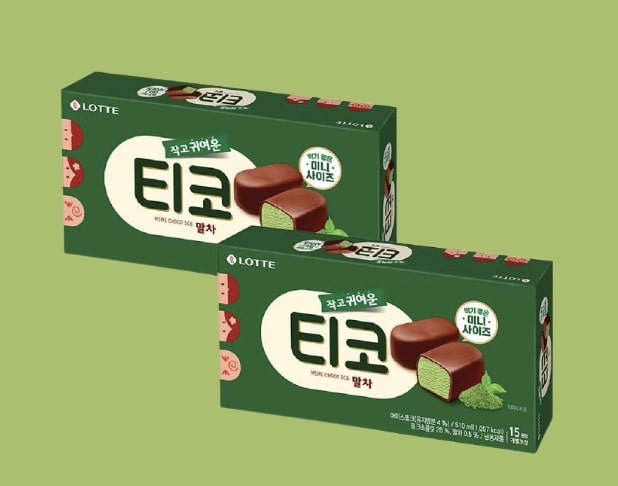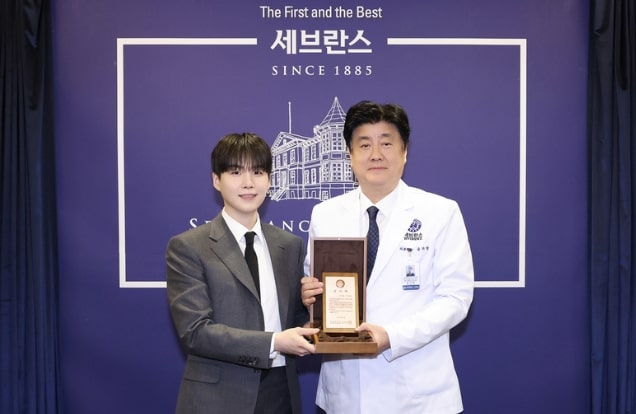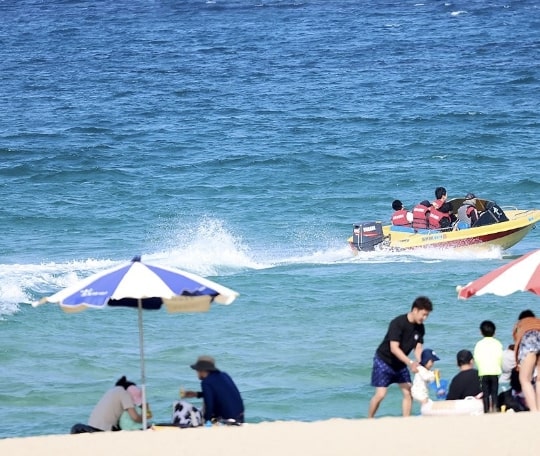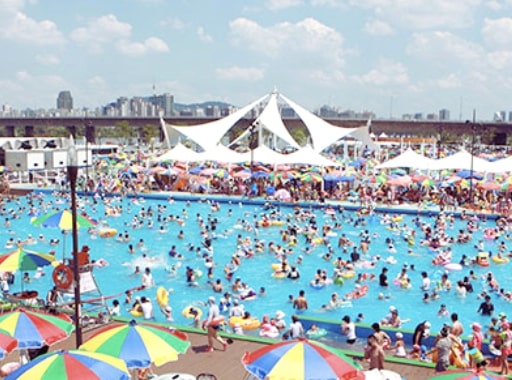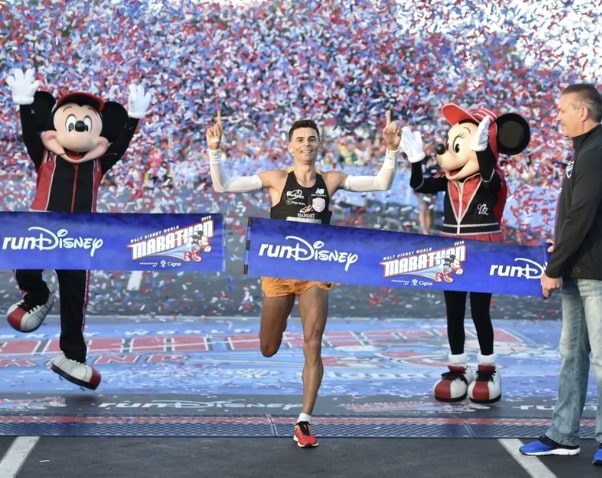
Did You Know Korea Used to Have a Night Curfew in the 1900s?
Back in the days, people living in Korea couldn’t enjoy the nightlife. A nightlife didn’t even exist.
It was all because of a night curfew. This night curfew lasted for about 37 years in the 1900s.

How did it start?

After Korea was liberated from Japan in 1945, the U.S. army entered the south of the Korean Peninsula’s 38th parallel, selected as the South Korean occupation force. Then, General Douglas MacArthur decreed a night curfew on September 8, 1945, from 8pm to 5am in Seoul and Incheon, to protect the human rights of the Korean people and to maintain order. Subsequently, on September 29, a night curfew was declared from 10pm to 4am in the areas occupied by the U.S. Army.

Then, from 1961 to 1982, the night curfew was changed to 12:00am – 4:00am.
At midnight, sirens rang throughout the country to inform everyone that no one could be outside from then on. Night buses were always crowded so that people could get home before midnight.
What happened if someone got caught?

If violated, one was immediately arrested and was investigated and locked up at a police station overnight until the curfew was lifted the next morning. Then, one had to go through a summary trial and pay a fine to be released.
But there was an exception

There was a pass that allowed people to go outside even during curfew hours. It was given to people like ministers, public servants, doctors, and newspaper reporters. Temporary passes were handed out to train passengers arriving at the destination during the curfew hours.
When did it end?

On January 5, 1982, a night curfew was finally lifted except for the border crossing areas. Then, on January 1, 1988, the curfew was lifted for the rest of the area that had been excluded.

In 1980, Chun Doo-hwan seized power in a military coup and became the 11th president of Korea. Then, he tried to distract the public’s attention by implementing a policy known as the “Three S (sex, screen, sports) policy.” Lifting a night curfew was a part of it. Also, as the 1986 Asian Games and the 1988 Seoul Olympics were coming ahead, lifting a night curfew was one of the ways to improve the national image.
